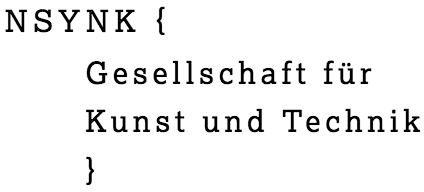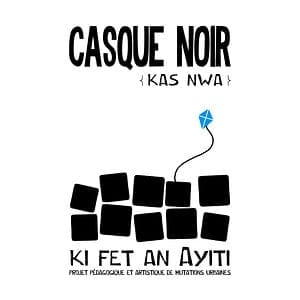
Immutable by default. Powerful pattern matching. Lightweight syntax. Units of measure. Type providers. Enjoy.
Type inference provides robustness and correctness, but without the cost of additional code. Let the compiler catch bugs for you.
Fable produces readable JavaScript code compatible with ES2015 standards and popular tooling like Webpack.
Use NPM packages. The entire JavaScript ecosystem is at your fingertips. See JavaScript features
Choose your favorite tool: from Visual Studio Code to JetBrains Rider. Check the whole list here.
Fable supports the F# core library and some common .NET libraries to supplement the JavaScript ecosystem.
Features
These are some of the main F# features that you can use in your web apps with Fable.
Powerful pattern matching
These are some of the main F# features that you can use in your web apps with Fable.
type Face =
| Ace | King | Queen | Jack
| Number of int
type Color =
| Spades | Hearts | Diamonds | Clubs
type Card =
Face * Color
let aceOfHearts = Ace, Hearts
let tenOfSpades = (Number 10), Spades
match card with
| Ace, Hearts -> printfn "Ace Of Hearts!"
| _, Hearts -> printfn "A lovely heart"
| (Number n), Spades -> printfn "%d of Spades" n
| _, (Diamonds|Clubs) -> printfn "Diamonds or clubs"
// Warning:
// Incomplete pattern matches on this expression.
// For example, the value '(_,Spades)' may indicate
// a case not covered by the pattern(s).Computation expressions
There's a lot of code involving continuations out there, like asynchronous or undeterministic operations. Other languages bake specific solutions into the syntax, with F# you can use built-in computation expressions and also extend them yourself.
// JS promises made easy
promise {
let! res = Fetch.fetch url []
let! txt = res.text()
return txt.Length
}
// Declare your own computation expression
type OptionBuilder() =
member _.Bind(opt, binder) =
match opt with
| Some value -> binder value
| None -> None
member _.Return(value) =
Some value
let option = OptionBuilder()
option {
let! x = trySomething()
let! y = trySomethingElse()
let! z = andYetTrySomethingElse()
// Code will only hit this point if the three
// operations above return Some
return x + y + z
}Units of measure
These are some of the main F# features that you can use in your web apps with Fable.
[<Measure>] type m
[<Measure>] type s
let distance = 12.0<m>
let time = 6.0<s>
let thisWillFail = distance + time
// ERROR: The unit of measure 'm' does
// not match the unit of measure 's'
let thisWorks = distance / time
// 2.0<m/s>Type providers
Build your types using real-world conditions and make the compiler warn you if those conditions change.
[<Literal>]
let JSON_URL = "https://jsonplaceholder.typicode.com/todos"
// Type is created automatically from the url
type Todos = Fable.JsonProvider.Generator<JSON_URL>
async {
let! (_, res) = Fable.SimpleHttp.Http.get url
let todos = Todos.ParseArray res
for todo in todos do
// Compilation fails if the JSON schema changes
printfn $"USER: {todo.userId}, TITLE {todo.title}, COMPLETED {todo.completed}"
}Users of Fable
These are some of the projects and companies using Fable. Send us a message to include yours!





















